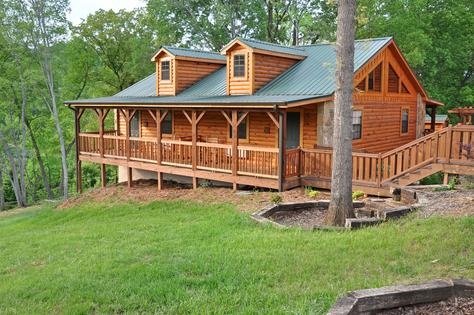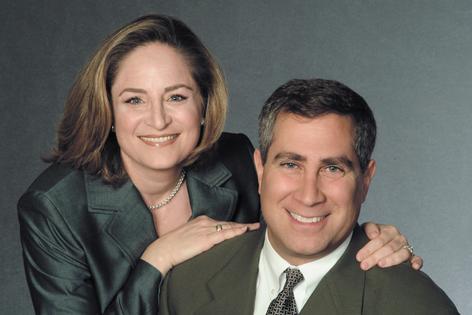Understanding the sale of vacation homes
Q: We are selling a vacation home property and were told that we should put some of the money from the sale of the property into a 1031 to avoid paying a 28% tax on the sale. We were wondering what would happen to the amount of capital gains gift tax if we gifted some of the sale money at closing to our two sons as part of their inheritance.
A: The short answer to your question is that you can’t give money to your sons and expect the Internal Revenue Service (IRS) to simply ignore the taxes due on the sale of the property. Those two things have nothing to do with each other. But your question is filled with inaccuracies and we want to clear up a few more things.
In your email, you mentioned that your home is a vacation home. We’re going to assume it’s not an investment property, even though you mentioned that you were advised to open a 1031 exchange. The taxes you’ll owe are different if the property you’re selling is a primary or secondary/vacation home versus a true investment property.
It’s helpful to understand the broad strokes of IRS tax treatment for each type of property sale. If you’re selling your primary residence and have owned it for two out of the last five years, the IRS will allow you to exclude from any federal income taxes the first $250,000 in profit from the sale. If you are married, you and your spouse can exclude $500,000 in profits from capital gains tax. Remember, this is only for homes used as a primary residence.
If you’re selling a second home, you’ll pay taxes on the profits from the sale of that home. Second homes don’t get special treatment from the IRS. When you sell a second home you’ll have to pay taxes on any profits that sale generates.
On the other hand, if you sell an investment property, you’ll be able to take advantage of a tax deferred exchange election under IRS rules. In essence, you sell your investment property, put all of the proceeds from that sale into a special escrow account. You then have to designate a replacement property that you intend to buy within 45 days, and then close on that replacement property within 180 days. If you follow the rules, under the 1031 tax deferred exchange rules from the IRS, you can defer the payment of any taxes from the sale of that property. Vacation homes that are used by the owner are not eligible for a 1031 exchange.
There are other possible scenarios that you could face, but those are the three big ones. Some of these others involve vacation homes that are rented out a certain number of days per year and buildings that are both used as a primary residence and for rental purposes (such as two flats or homes where the owners run a business from the home). If that’s the case, then you need to know exactly how many days per year the property is rented to see if it qualifies as a true rental property. You should also see whether you’ve taken depreciation over the years. If you’re confused about whether your vacation home qualifies, talk with your tax preparer, accountant or enrolled agent.
From the way you’ve framed your question, we think you’re probably selling a second home that doesn’t qualify as an investment property. That means you haven’t taken depreciation and you don’t rent it for more than 14 days in a given year. So, when it comes time for you to sell this property, you’ll pay tax on your profit.
Remember, however, that you need to compute the profit carefully. You can go back and figure out what you put into the home for renovations, note other long-term improvements and also see what your costs were to purchase and sell the home.
If you put in a new kitchen or added on to the home, you can include those expenses to reduce the amount of profit you realize. Likewise, if you paid a real estate agent a fee to sell or buy the home, you can exclude that money from your total gain. IRS Publication 523 provides example expenses and shows you how to compute your cost basis to calculate your profit.
Remember, once you sell the property, the tax comes due. It won’t matter if you spend the money or gift the proceeds to your kids. The taxable event is the actual sale of the property. If you gift a large amount of money to your kids, that gift may require you to file a gift tax return but won’t reduce the tax you have to pay to the IRS.
Lastly, you mentioned a 28% tax. You’ll need to do your homework. The top capital gains rate is currently 20%, but you’ll likely also have to pay a 2.8% investment tax as well, plus any taxes imposed by the state in which you live. Talk to your tax advisor or accountant to get a better understanding of the amount you’ll owe.
========
(Ilyce Glink is the author of “100 Questions Every First-Time Home Buyer Should Ask” (4th Edition). She is also the CEO of Best Money Moves, a financial wellness technology company. Samuel J. Tamkin is a Chicago-based real estate attorney. Contact Ilyce and Sam through her website, ThinkGlink.com.)
©2024 Ilyce R. Glink and Samuel J. Tamkin. Distributed by Tribune Content Agency, LLC.

































Comments